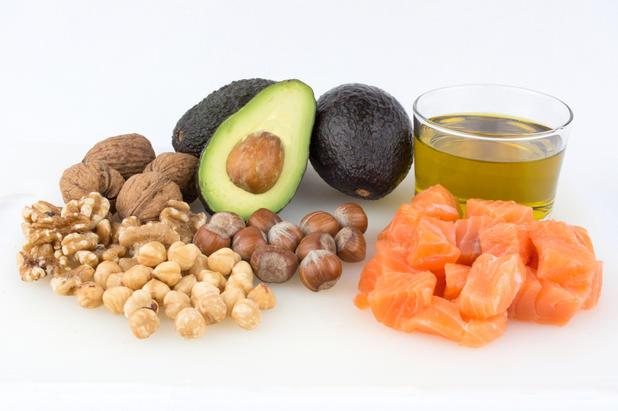Eating Probiotics to Protect Your Brain

The mysterious microbes in your belly (yes, there’s a veritable germ farm living in your digestive track) may actually be the key to your good health. Called the gut microbiome, these bacteria are thought to affect many of your body's systems and its risk for certain diseases - even for conditions in far away organs like the brain.
Consider Alzheimer's disease. While some experts credit activities like crossword puzzles, reading and video games with keeping your mind sharp, maintaining healthy gut bacteria may be just as important. Our gut bacteria plays an important role in controlling inflammation, for example, the root of degenerative diseases such as dementia. Learn more about the gut micobiome's links to Alzheimer's.
So, how do you make sure your gut bacteria are behaving their best? Include these foods and beverages to your diet.
Fermented foods have gone through a process in which natural bacteria convert sugar and starches into lactic acid, preserving food and creating beneficial enzymes, nutrients and probiotics. Fermentation also helps break food down into a more digestible form, which helps improve digestion. Fermented foods include:
- Yogurt
- Kefir
- Kombucha tea (fermented black tea)
- Tempeh (fermented soybeans)
- Kimchi (spice)
- Sauerkraut
- Fermented cabbage
- Pickles, pickled fruits and vegetables
Healthy fats and carbohydrates help to produce healthy microbiome and improve your brain health. Examples include:
- Vegetables
- Blueberries, cherries, apples
- Olive oil
- Coconut oil
- Grass-fed butter
- Avocados
- Nuts (except peanuts), nut butters and some seeds
- Whole eggs
- Wild fish and shellfish
- Grass-fed meat and properly raised poultry
Foods and beverages with polyphenols are associated with reducing inflammation and creating favorable changes in the microbiome. Good sources include:
- Coffee
- Tea
- Chocolate
- Wine
- Turmeric (culinary spice)
Prebiotic foods feed good bacteria. Gut bacteria are able to convert fiber-rich foods into short-chain fatty acids that help maintain gut health. All prebiotics survive in the stomach, can be metabolized by intestinal bacteria and confer a health benefit. Popular prebiotic foods include:
- Jerusalem artichokes
- Onions
- Jicama
- Garlic
- Raw asparagus
- Chicory
Adding probiotics to your diet can be an effective method of raising gut bacteria. The five core species of probiotics include:
- Lactobacillus plantarum – this species helps fight infections, controls inflammation, manages the growth of pathogenic bacteria and breakdown proteins that can reduce food allergies.
- Lactobacillus acidophilus – this species helps manufacture vitamin K, control yeast, produce lactase and maintain healthy cholesterol levels.
- Lactobacillus brevis – this species enhances the immunity of cells, particularly killer T-cells immunity and increases BDNF levels.
- Bifidobacterium lactis – this species boosts immunity, particularly to vaccines.
- Bifidobacterium longum – this species improves lactose intolerance, has antioxidant properties, helps maintain healthy cholesterol, enhances BDNF, and lowers intestinal pH, which suppresses tumor growth.
If you need antibiotics, discuss incorporating a probiotic at “half time” with your doctor. This means taking a probiotic in between doses or at the end of alternate days. Ideally, you should take the probiotic daily for at least a few weeks. L. brevis is particularly antibiotic-resistant.
For recipes and ideas for brain/gut-healthy breakfast, lunch and dinner, check out the book Brain Maker by Dr. David Perlmutter and click here to watch Dr. Perlmutter discuss his choice of probiotics. Or see a list of commercial probiotics and the bacteria they contain. Lastly, learn more about probiotics by watching this detailed interview with Dr. Perlmutter and the “sometimes quacky but well-intended and often genius” Dr. Mercola.


